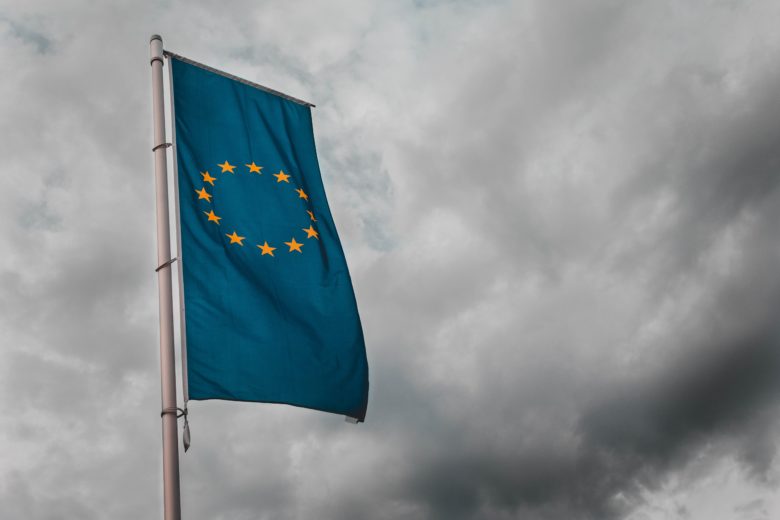EU wants to completely ban anonymous payments with crypto assets

A new draft for the regulation of crypto assets in the EU is currently causing unrest in Brussels. The new draft says that there should be an identification requirement for crypto-asset transactions in all amounts. The EU Commission had previously proposed setting the limit at the equivalent of €1000. However, both the rapporteurs of the Committees on Economic and Monetary Affairs (ECON) and on Civil Liberties, Justice, and Home Affairs (LIBE) have spoken out in favor of the complete anonymity of crypto payments.
The reason: They want to prevent money laundering and terrorist financing. Therefore, providers of wallets, Bitcoin ATMs, etc. would have to ensure that users are precisely identified in order to be able to trace transactions. But it is also clear that this is only possible to a limited extent. Because peer-to-peer payments between local wallets without the involvement of third parties can of course still be made without identification.
The danger of anonymous donations
Criticism comes from the Pirate Party. “A complete ban on anonymous payments would not have any appreciable reducing effects on crime, but it would deprive innocent citizens of their financial freedom. For example, to collect donations, opposition figures like Alexej Navalny are increasingly dependent on anonymous donations in virtual currencies around the world,” says Patrick Breyer, MEP for the Pirate Party Germany and member of the LIBE committee.
“Banks have already turned off the donation tap for Wikileaks. With the creeping abolition of real and virtual cash, there is a risk of negative interest rates and the constant turning off of the money supply. We need to find ways to bring the best qualities of cash into our digital future. We also have the right to be able to pay and donate online without our payment behavior being recorded without cause and on a personal basis. We pirates will oppose these plans,” Breyer continued.
EU wants to regulate crypto assets more tightly
The debate about new rules for using crypto assets has been going on for some time. As early as the summer of 2021, the EU Commission proposed that future transactions of crypto assets must be able to be tracked and assigned to individuals – in the sense of “combating money laundering and terrorist financing”. According to KYC guidelines, providers of crypto services would then have to identify users, for example with an ID card (Trending Topics reported).
Ukraine crisis: Russia discovers cryptocurrencies as a new source of income





























